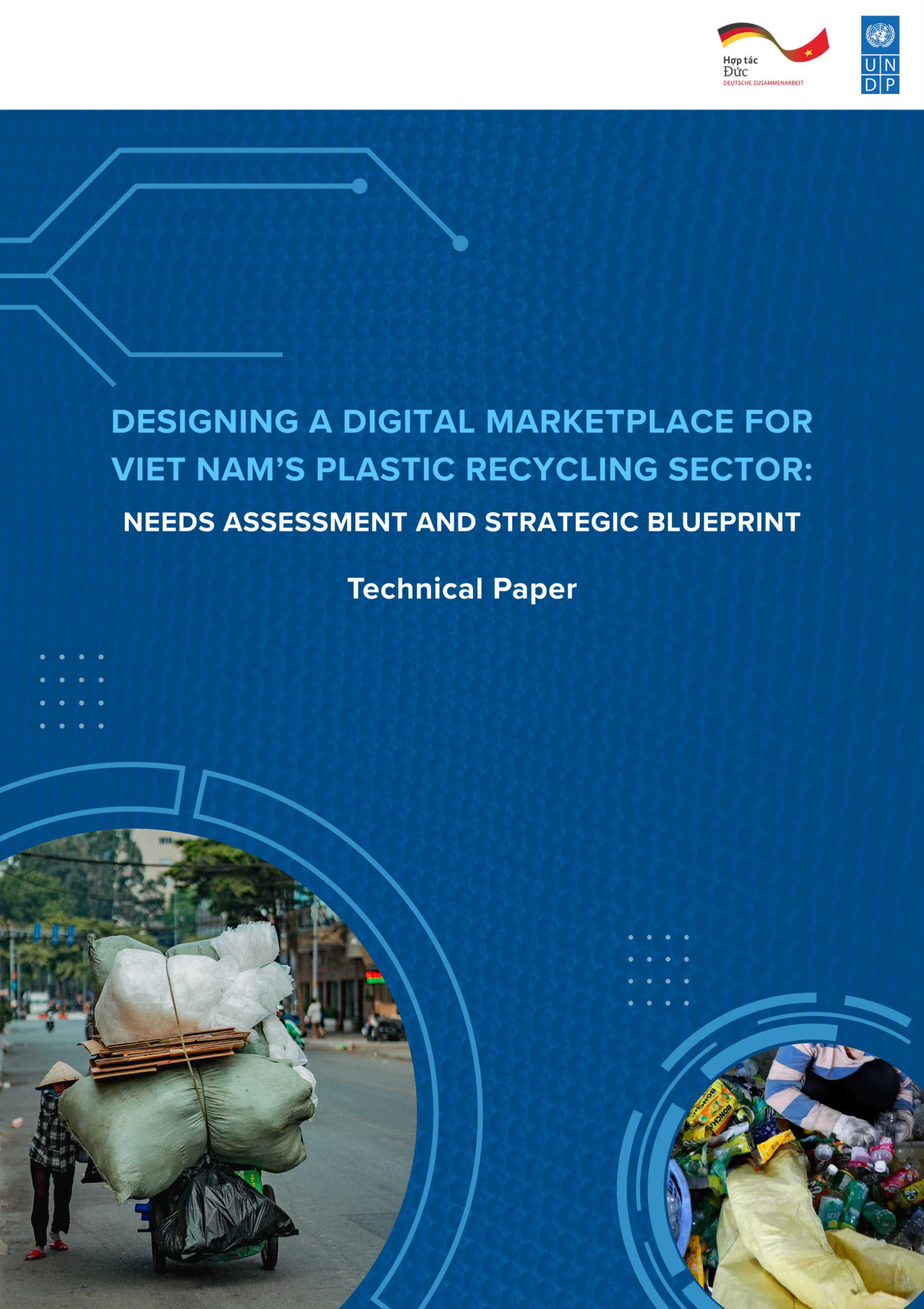Biofuel projects and current environmental policies
Turning plant waste into fuel
Biofuels have been controversial because of the impacts on land use, water and biodiversity when large tracts of land are converted to become biofuel plantations. Tuan-Dung Hoang from the Hanoi University of Science and Technology (HUST) in Vietnam investigated with his colleagues the potential of using non-food crops and plant waste instead. Their work is relevant to everyone working on the water-energy-food nexus, as it recognizes that land use, water consumption and food production are all closely linked.

Published as a book chapter, Biofuel Projects and Current Environmental Policies: Vietnam’s Case and Neighbouring Asian Countries, the research provides an overview of biofuel policies and practice in the region.
The authors note that, whereas first generation biofuels used soybean, canola, sunflower, corn, oil palm and other food crops, second generation biofuels used non-edible oils, wood chips and jatropha. Third generation biofuels make use of algae that grows in marine, freshwater or wastewater environments, while “advanced” biofuels are possible using agricultural waste such as wheat and maize stalks.
Using available feedstock
Biofuel feedstocks in Southeast AsiaThe authors studied biofuel policies and activities in China and five countries in Southeast Asia: Indonesia, Malaysia, the Philippines, Thailand and Vietnam. They compare the different types of feedstock used in these countries to produce biofuels. For example, Indonesia and Malaysia, both large palm oil producers, use palm oil waste to make biodiesel, while in Thailand, the feedstock for making biofuels includes rice husks, wood, and sugarcane bagasse — the fibrous pulp that remains after the juice has been extracted.
In Vietnam, biodiesel has been developed from waste cooking oil to a quality that complies with both Vietnamese and European requirements. Bioethanol is made mainly from molasses from sugar mills. The Government of Vietnam has had biofuel policies since 2003, including support for research and development, tax advantages for companies that import the necessary equipment, and favorable terms on land concessions for investors in biofuels.
Finding the right balance
The authors note that, when weighing up the balance of positive and negative impacts, the complete life cycle of biofuels must be considered. For example, removing forests or grasslands to make way for growing biofuel feedstocks will have overall negative impacts as carbon that has been stored there is released; on the other hand; landscapes that are already damaged could be benefited by planting of biofuel crops.
In essence, they explain, “The worldwide consequences of increased biofuel production will be highly dependent on where and how the feedstocks are grown, as well as whether or not appropriate agricultural practices are used.”
They conclude that, as many Asian countries depend significantly on the supply of imported oil, biofuels will be an important part of the energy mix, and can help improve countries’ respective energy security. It is likely that a regional energy market for biofuels will emerge in the coming years, because not all ASEAN countries have the same amount or type of agricultural and surplus waste products to use in making biofuels. Ultimately, governments will need to put in place sound policies that regulate the quantity and quality of biofuel production, so as to achieve environmental as well as economic and social benefits.

Source: Hoang, T. D., Ha, P. T., Halog, A. B., Malla, F. A., & Bandh, S. A. (2023). Biofuel Projects and Current Environmental Policies: Vietnam’s Case and Neighboring Asian Countries. In Biofuels in Circular Economy (pp. 73-88). Singapore: Springer Nature Singapore.












